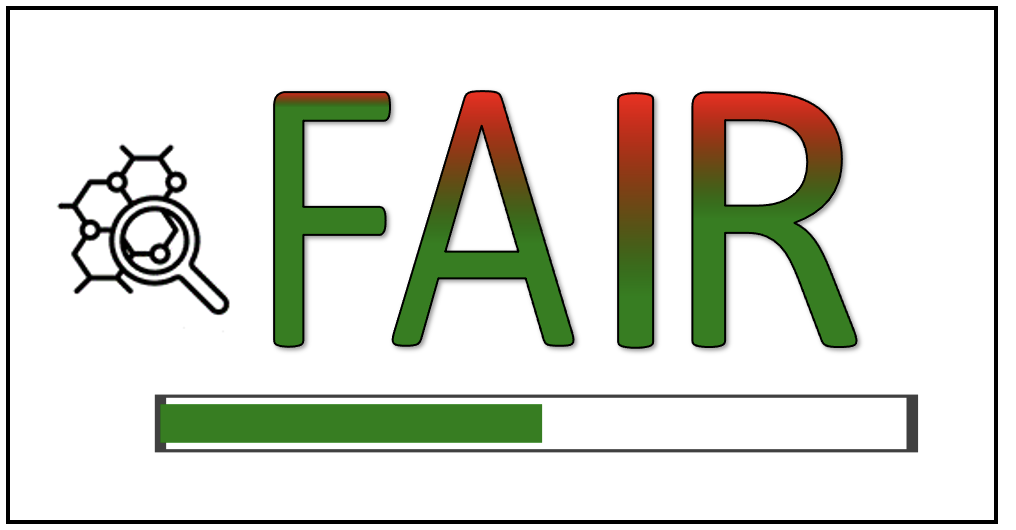The H3Africa initiative is aimed at studying the genomic and environmental determinants of disease in Africa. The goals of H3Africa are to enhance the necessary genomic expertise among African scientists and to encourage collaborations between African investigators by supporting infrastructure development and research projects. The H3ABioNet aims to create a sustainable African Bioinformatics Network to support H3Africa researchers through the development of bioinformatics capacity on the continent. To achieve this vision the H3ABioNet will be hosting the first specialized bioinformatics training course for bioinformaticians and researchers within the network. The course is aimed at developing a core set of specialised skills amongst members in the network who are in a position to train others at their institutions. The course will train members who are required to efficiently manage and analyse the vast amount of genomic data generated by the various H3Africa projects. The course will be run over 3 weeks (6 days a week) and will cover both theoretical and practical aspects of a range of topics centered on the analysis of genomic and population-based data. An emphasis will be placed on allowing participants to develop hands-on experience with analysing real data using open source software, tools and resources.
The course is open to all members within the H3A Bioinformatics Network, who have long term positions at one of the partner institutions and the capacity to train others in their institution when they return from the course.
The course is composed of a range of topics aimed at providing participants with the necessary hands-on practical skills to be able to manage and analyse genomic data. As well as specialized topics in population genetics, GWAS and next-generation sequence analysis, the course will include programming to ensure participants gain basic skills in data manipulation and management, and biostatistics to prepare them for statistical analysis of data.
Classroom applications
Participant applications
Syllabus and Tools
Programming using python – basic introduction through to advanced topics for managing and manipulating biological data. Will be run for 2 hours every morning for the duration of the course.
Introduction to Linux – basic history and introduction through to complex commands for manipulating data and Bash scripting
Data management – building simple MySQL queries and introduction to BioMart
Biostatistics – basic probability theory, introduction to R, statistical hypothesis testing, principal component analysis, building regression models and visualisation
Population genetics – content to be confirmed
Genome-wide association studies – content to be confirmed
Next-generation sequencing – introduction and QC, assembly and reference genome alignment, variant calling, RNA-seq data analysis, ChIP-seq data analysis, genome visualisation
Each course component will have prerequisites that participants will be required to complete or fulfill before the course starts. Participants will be notified of these requirements before the course commences.
Training materials for this course are not currently available.





